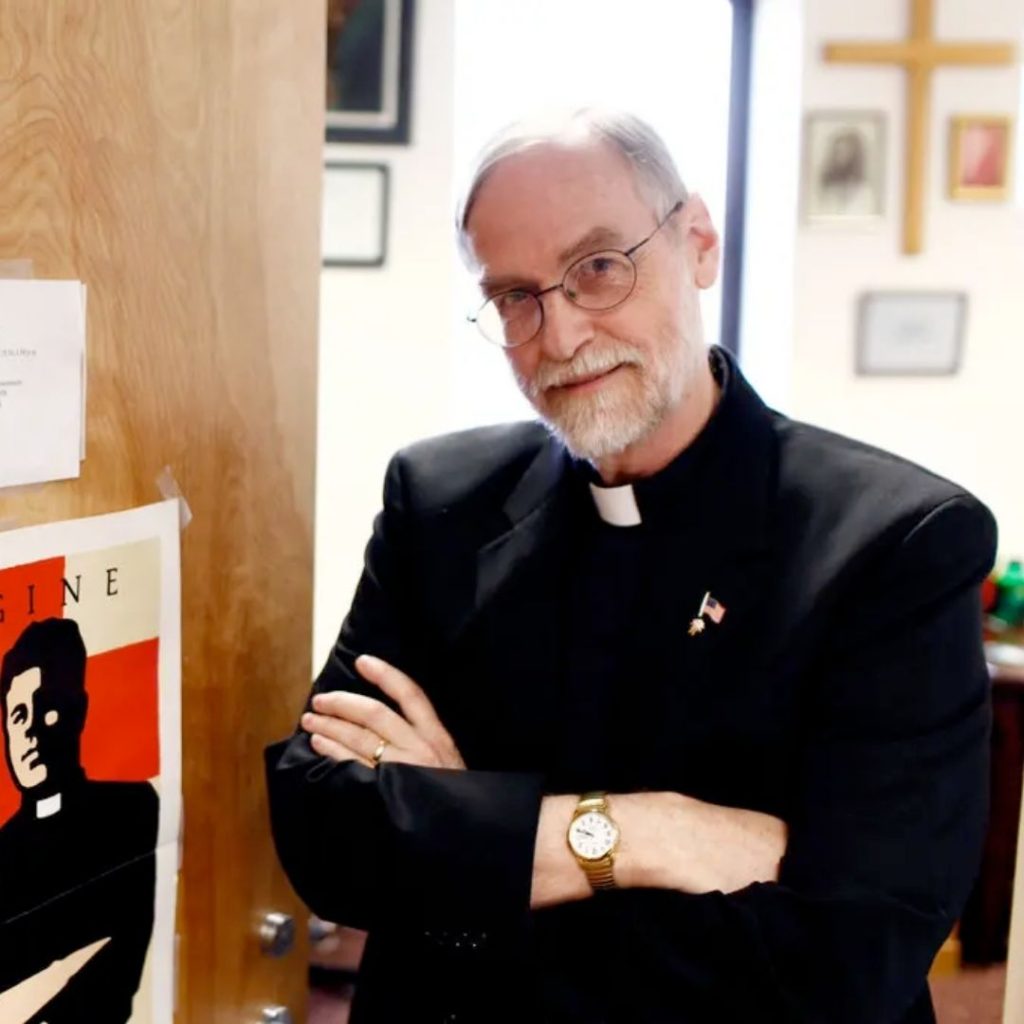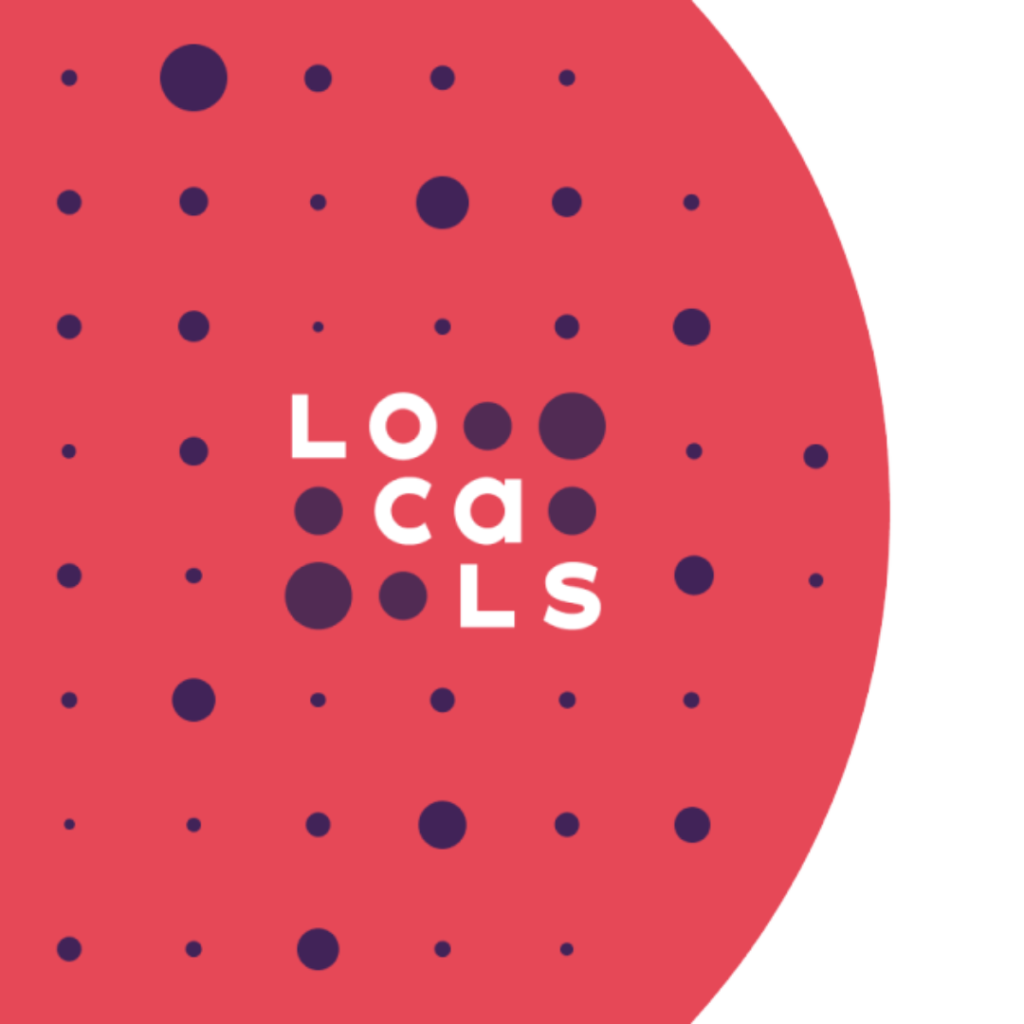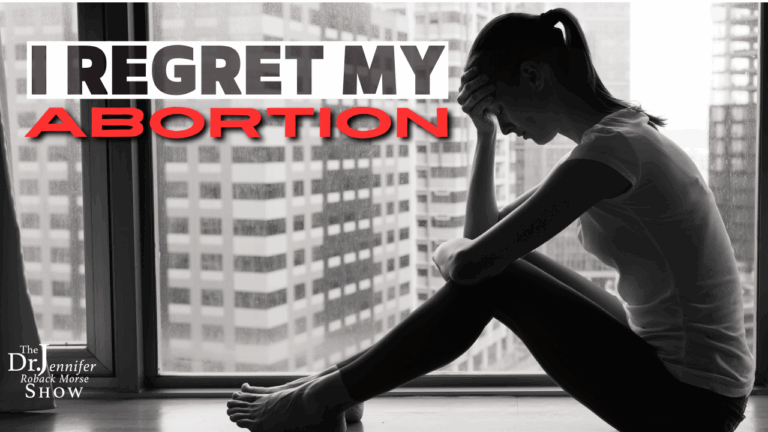
Sociologist Paul Sullins’s Research Shows that Growing up with Same-Sex Parents has Several Negative Consequences for Children.
Children with same-sex parents suffer more emotional problems than those of opposite-sex parents, sociologist says.
By Jakub Lipták November 6, 2023
Donald Paul Sullins is a sociologist and statistical researcher who worked for twenty years at the Catholic University of America in Washington, D.C. He is engaged in sociological research and serves as a priest. As a married Episcopal pastor and father of a family, he converted to the Catholic faith.
He visited Bratislava, Slovakia, at the invitation of the Ladislav Hanus Institute and gave a lecture on Dispelling Woke Myths about Sex as part of the Conservative Forum format.
In the interview he discusses what are the main differences between opposite-sex and same-sex relationships, how it affects children when they have same-sex parents or whether it is true that homosexuality is innate and unchangeable.
We also talked about what may be behind the sharp rise in transsexual self-identification or whether paedophilia is really behind the sex scandals in the Catholic Church.
Paul Sullins’ presentation and the research studies cited in it can be found in full at this link. They are free to share.
What are the main differences between opposite-sex and same-sex relationships?
The main difference between them is the possibility of children. Opposite-sex relationships always carry the “risk” of children. You could also call it the promise of children. And so the relationship has to be oriented to that reality. When a child comes, it’s important to have stable parents who are going to love that child until their maturity and hopefully for their whole life.
The self-sacrifice and self-giving between the potential mother and father are also important before when the child comes. So there is that ordering towards a child. There is not that ordering in same-sex relationships. This shows up in very practical and empirical ways in research.
One way it shows is that opposite-sex relationships tend to be much more stable than same-sex relationships. There is a much higher rate of breakup among same-sex couples. It is higher for lesbians than it is for men; lesbians dissolve their relationship at a much higher rate. That makes sense because as you may know, two thirds of heterosexual divorces are initiated by the woman. So if you have two women together, this probability increases further.
The difference is also in rates of fidelity. In same-sex relationships, fidelity is much lower than in opposite-sex relationships. For example, gay male relationship including gay male marriages don’t come with expectation of fidelity, in fact, they come with the opposite expectations. They want to be free to have sex outside the relationship under certain conditions.
About 40% of married gay male couples, that we know of, have agreements on under what conditions they can have sex outside the relationship. The most common agreement – and this is the basis on which gay male couples claim fidelity – is that you can have sex outside the relationship so long as you are not emotionally involved to that partner. So that it is just sex for recreation.
There is also infidelity and instability in opposite-sex relationships. However, when a child comes to that relationship, opposite-sex relationships become ever more stable than they were before – the commitment for marriage increase. For the same-sex relationships it is exactly the opposite – they become less stable when a child comes.
Why is that?
Continue reading at the original source here: https://www.postoj.sk/141138/paul-sullins-growing-up-with-same-sex-parents-has-several-negative-consequences-for-children
About the Ruth Institute
The Ruth Institute is a global non-profit organization, leading an international interfaith coalition to defend the family and build a civilization of love.
Jennifer Roback Morse has a Ph.D. in economics and has taught at Yale and George Mason University. She is the author of The Sexual State and Love and Economics – It Takes a Family to Raise a Village.
To get more information or schedule an interview with Dr. Morse, contact media@ruthinstitute.org.





